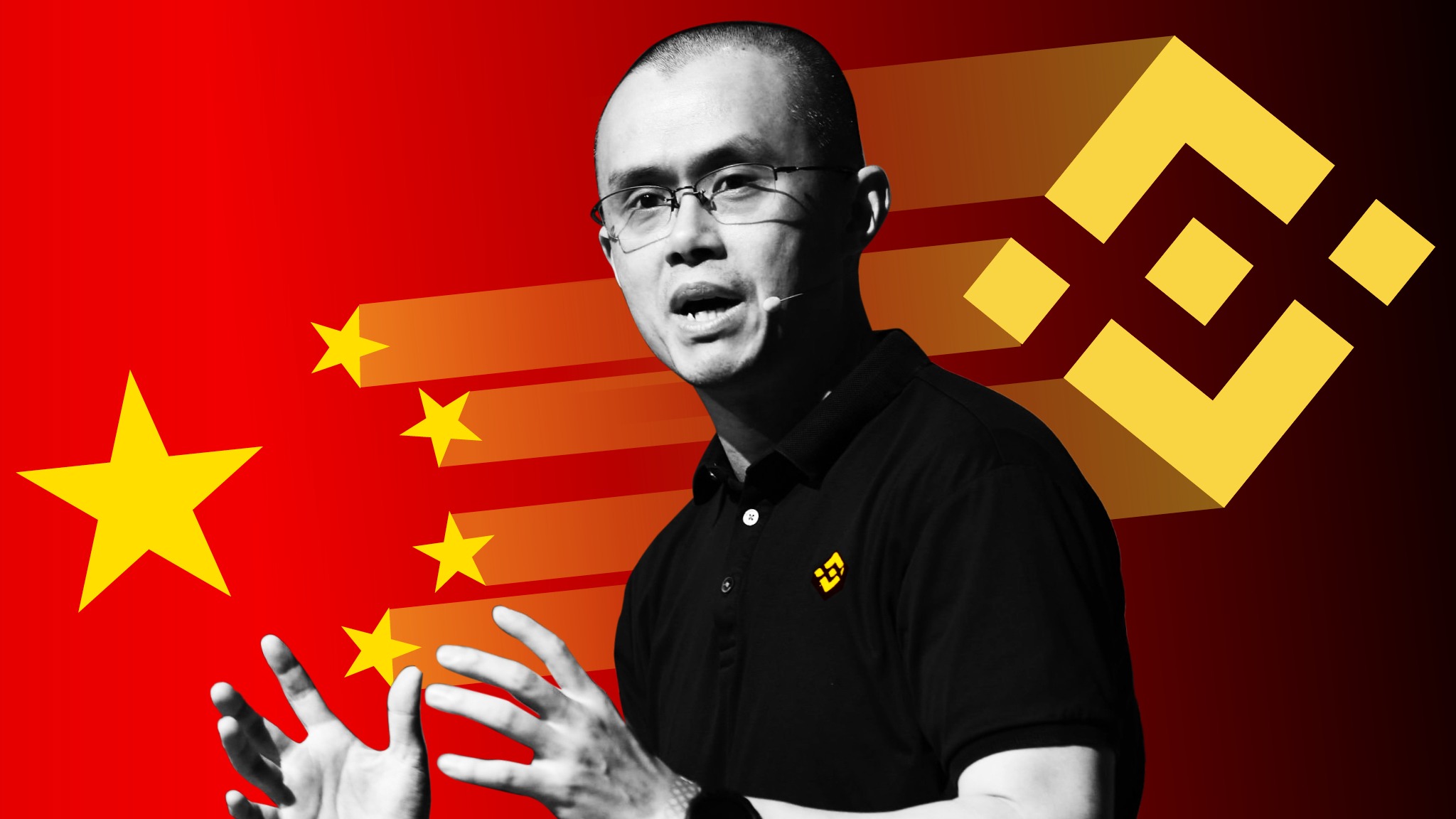Join Our Telegram channel to stay up to date on breaking news coverage
Binance, the world’s largest crypto exchange, denied a Wall Street Journal report that said it trades $90 billion in China in a month despite the country’s ban on crypto.
The exchange directs users to different websites with Chinese domain names and then reroutes them to its global exchange, the WSJ reported, citing an internal document that it said it had viewed. It added that the document was circulated within the company before the 2021 ban but after the exchange’s website was blocked there in 2017.
“The Binance.com website is blocked in China and is not accessible to China-based users,” Binance said in a statement to the newspaper, and denied any secretive activity in China.
The volume of trades reported by the paper would make China Binance’s largest market, contributing about 20% of its global trade volume, when excluding trades from a subset of large traders, the story said. Despite China’s ban on crypto, the exchange works with Chinese law enforcement to police criminal activity among its more than 900,000 users in the country, the story said, citing current and former employees.
Binance, the world’s largest crypto exchange, was supposed to leave China when the country made crypto trading illegal. Almost two years later, users traded $90 billion of cryptocurrency-related assets there in a single month. https://t.co/b4r56FF705
— The Wall Street Journal (@WSJ) August 2, 2023
Binance has historically adopted a lenient approach when carrying out Know Your Customer procedures in China, the story added, citing internal documents and information from a former employee. Following the Chinese crypto ban in 2021, less than half of China-based registered users underwent know-your-customer checks in the subsequent months, it said.
Binance’s relationship with China is a unique one. The exchange’s founder, Changpeng Zhao, who is of Chinese origin but grew up in Canada, established the company in Shanghai in 2017. But the government initiated a series of regulatory crackdowns on cryptocurrency exchanges, expressing concerns about illegal capital outflows from the country. In response, Zhao relocated Binance’s operations to Japan and eventually the Cayman Islands.
Binance Under Intense Scrutiny
The crypto exchange is under intense scrutiny by regulators including the Commodity Futures Trading Commission (CFTC) and the Securities and Exchange Commission (SEC) in the US. The CFTC sued Binance for operating what it said was an “illegal” exchange and a “sham” compliance program.
Tthe exchange aims to dismiss the CFTC lawsuit, which charges Binance with failing to provide adequate anti-money laundering and know-your-customer checks on its U.S. accounts.
The SEC also sued Binance and CEO Changpeng Zhao, saying that Binance artificially inflated its trading volumes, diverted customer funds, failed to restrict U.S. customers from its platform, and misled investors about its market surveillance controls.
The exchange is also under investigation by the US Justice Department over possible money-laundering and sanctions violations, according to a Reuters report in December. As a result of these regulatory challenges, Binance’s market share among U.S. users has significantly reduced, and the company recently cut more than 1,000 jobs globally from a previous workforce of about 8,000.
Related News
- Binance CEO Calls Tether USDT a `Blackbox` Lacking Transparency, Aims to Give Investors Alternatives
- Could Bald Token’s Rug Pull Be Linked to Sam Bankman-Fried’s Alameda Research?
Best Wallet - Diversify Your Crypto Portfolio
- Easy to Use, Feature-Driven Crypto Wallet
- Get Early Access to Upcoming Token ICOs
- Multi-Chain, Multi-Wallet, Non-Custodial
- Now On App Store, Google Play
- Stake To Earn Native Token $BEST
- 250,000+ Monthly Active Users
Join Our Telegram channel to stay up to date on breaking news coverage


